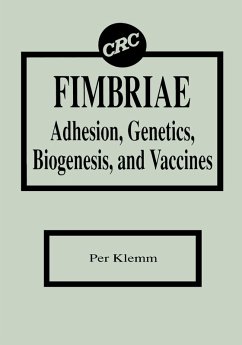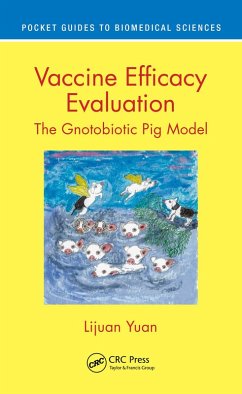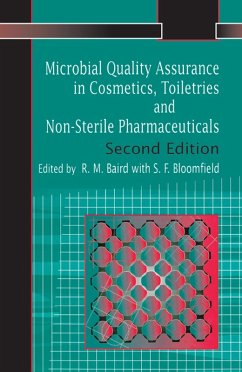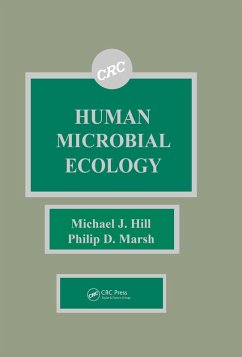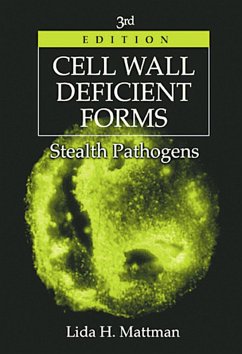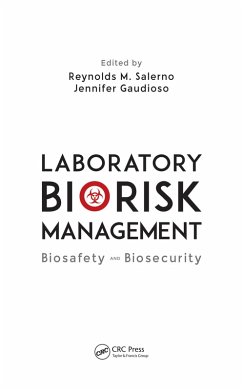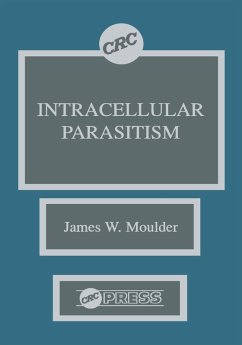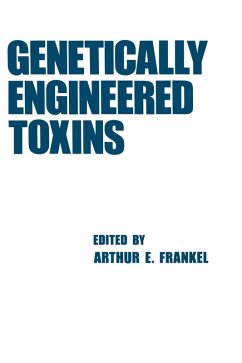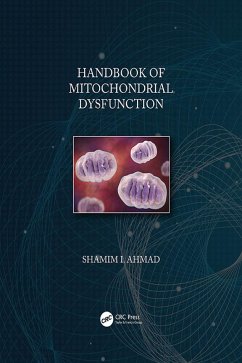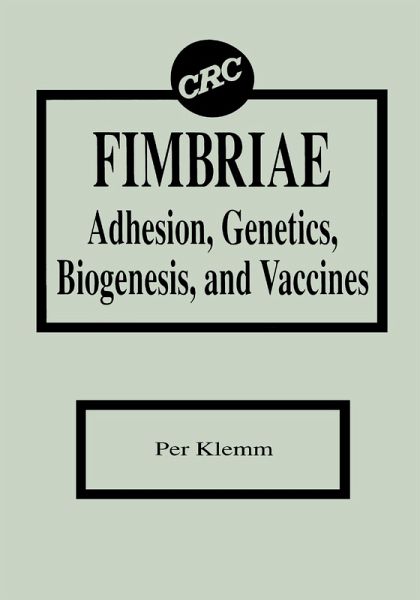
Fimbriae Adhesion, Genetics, Biogenesis, and Vaccines (eBook, PDF)
Versandkostenfrei!
Sofort per Download lieferbar
490,95 €
inkl. MwSt.
Weitere Ausgaben:

PAYBACK Punkte
245 °P sammeln!
Fimbriae are the best-studied bacterial colonization factors. They are of paramount importance in bacterial pathogenesis and microbial ecology. Due to the advent of new and powerful techniques, an impressive amount of information has been accumulated on these important surface organelles over the last decade. The first book of its kind, Fimbriae brings together into one volume the state of the art of this very active field. Internationally recognized researchers give both a horizontal and lateral approach to fimbriology. Selected types of fimbriae are extensively reviewed and fundamental quest...
Fimbriae are the best-studied bacterial colonization factors. They are of paramount importance in bacterial pathogenesis and microbial ecology. Due to the advent of new and powerful techniques, an impressive amount of information has been accumulated on these important surface organelles over the last decade. The first book of its kind, Fimbriae brings together into one volume the state of the art of this very active field. Internationally recognized researchers give both a horizontal and lateral approach to fimbriology. Selected types of fimbriae are extensively reviewed and fundamental questions such as evolution, control or regulation, biogenesis, bacteria-host interaction, and fimbriae-based vaccines are examined.
Dieser Download kann aus rechtlichen Gründen nur mit Rechnungsadresse in A, B, BG, CY, CZ, D, DK, EW, E, FIN, F, GR, HR, H, IRL, I, LT, L, LR, M, NL, PL, P, R, S, SLO, SK ausgeliefert werden.




